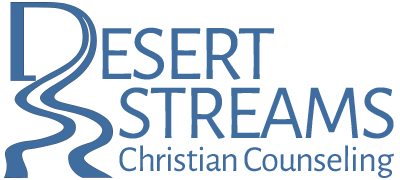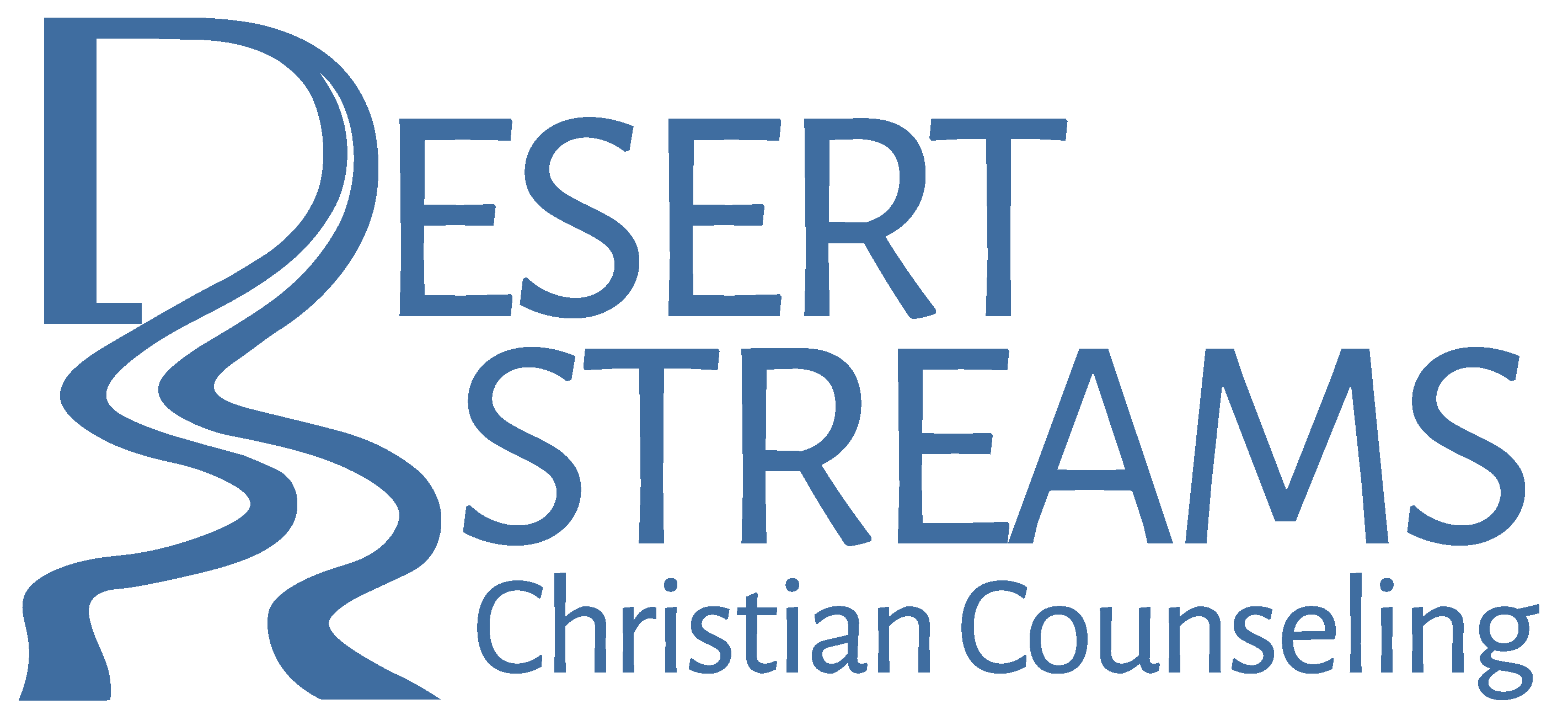There has been a lot in the news lately in regards to the opiod addiction/abuse. The latest statistics show that drug overdoes are currently the leading cause of death for Americans under the age of 50. Opiod use/abuse is rising. The exact nature of opiod is that of opium, a narcotic obtained from a kind of poppy. It has been in use in human societies for a long time. From opium, people derived a form of morphine, and painkillers such as Vicodin, Percocet and Oxycontin. Opiod receptors regulate pain and the reward system in the human body. This makes opioids powerful painkillers as well as debilitatingly addictive.
In addition to opiod use, alcohol continues to be a source of addiction for people as well as marijuana and other elicit drugs.
The bottom line in regards to addiction from a spiritual perspective is that it steals, kills and destroys. Addiction steals one’s confidence, self esteem, joy, relationships, finances, possibly jobs, the list goes on. It is important to get help and support for the person addicted as well as for family members affected by the addiction. If you suspect someone in your family may have an addiction problem, consider this list of symptoms:
1. A pattern of out of control substance usage for a year or more
2. Mood swings associated with usage or behavior
3. Increasing pattern of usage over time, this may also be marked by periods of abstinence.
4. Presence of major or milder forms of depression
5. Feeling of shame or self-worthlessness
6. Consistent need to be liked and find approval from others
7. Impulse control problems, i.e. food, sex, drugs
8. Use of substance to reward oneself or reduce anxiety
9. Obsessing about the substance and spending time around it.
10. Obtaining substance becomes central organizing principle of life.
11. Failed effort to control the behavior
12. Negative consequence due to substance use
13. Alternating pattern of out of control behavior or over-controlling behavior
14. History of abuse
15. Family history of addiction
16. Marked feelings of loneliness or abandonment.
We encourage you if you or a loved one has a majority of these symptoms, seek help, counsel and intervention.
Respectfully submitted,
Pam Stinchcomb, LMSW

